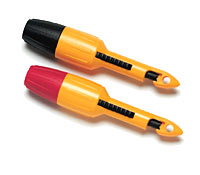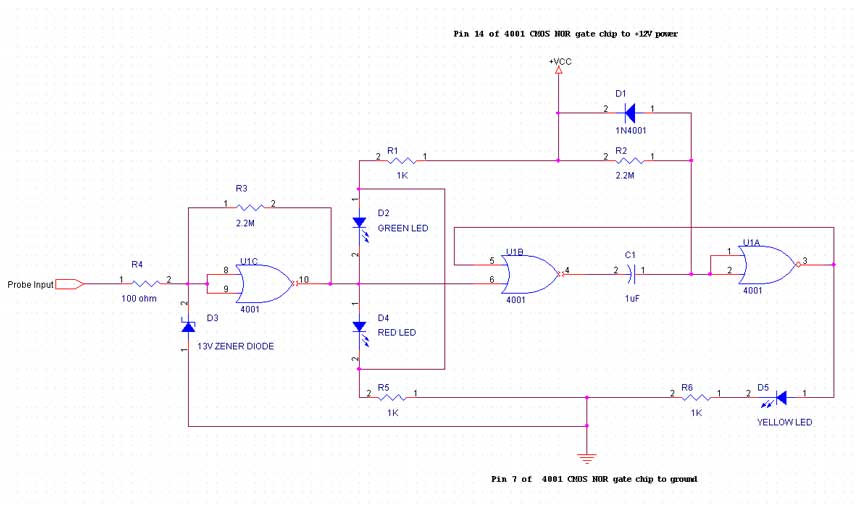Posted: November 20, 2005 at 5:41 PM / IP Logged
Posted: November 20, 2005 at 9:03 PM / IP Logged
Posted: November 20, 2005 at 9:35 PM / IP Logged
Posted: November 20, 2005 at 10:46 PM / IP Logged
Posted: November 20, 2005 at 10:57 PM / IP Logged
Posted: November 20, 2005 at 11:02 PM / IP Logged
Posted: November 20, 2005 at 11:11 PM / IP Logged
Posted: November 21, 2005 at 3:37 AM / IP Logged
Posted: November 22, 2005 at 4:05 PM / IP Logged
Posted: November 22, 2005 at 5:41 PM / IP Logged
 Printable version
Printable version


| You cannot post new topics in this forum You cannot reply to topics in this forum You cannot delete your posts in this forum You cannot edit your posts in this forum You cannot create polls in this forum You cannot vote in polls in this forum |

| Search the12volt.com |
Follow the12volt.com 
Friday, May 3, 2024 • Copyright © 1999-2024 the12volt.com, All Rights Reserved • Privacy Policy & Use of Cookies


Friday, May 3, 2024 • Copyright © 1999-2024 the12volt.com, All Rights Reserved • Privacy Policy & Use of Cookies
Disclaimer:
*All information on this site ( the12volt.com ) is provided "as is" without any warranty of any kind, either expressed or implied, including but not limited to fitness for a particular use. Any user assumes the entire risk as to the accuracy and use of this information. Please
verify all wire colors and diagrams before applying any information.










 Neat feature with the mode switch from resistance mode, sounds handy.
I've seen probe clips that can make measurements through insulation by piercing it with a needle tip while holding the wire centered; that'd probably be handy to confirm the right wire with minimal effort.
Neat feature with the mode switch from resistance mode, sounds handy.
I've seen probe clips that can make measurements through insulation by piercing it with a needle tip while holding the wire centered; that'd probably be handy to confirm the right wire with minimal effort. Stainless steel probe pierces insulation on 14, 16 and 18 gauge wire. You control needle depth to minimize insulation damage. Essential for use under hood or under dash. Use it on fuel injectors or sensors while providing complete insulation to grounding due to design. * Banana jack accepts all DMM and banana jack leads * Non-rotating banana jack prevents leads from tangling, allowing you to tighten/loosen clamp while still connected to the test lead * For use with test leads with 2 mm probes * Tested to 60 V DC
Stainless steel probe pierces insulation on 14, 16 and 18 gauge wire. You control needle depth to minimize insulation damage. Essential for use under hood or under dash. Use it on fuel injectors or sensors while providing complete insulation to grounding due to design. * Banana jack accepts all DMM and banana jack leads * Non-rotating banana jack prevents leads from tangling, allowing you to tighten/loosen clamp while still connected to the test lead * For use with test leads with 2 mm probes * Tested to 60 V DC
